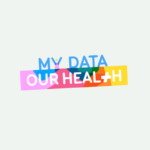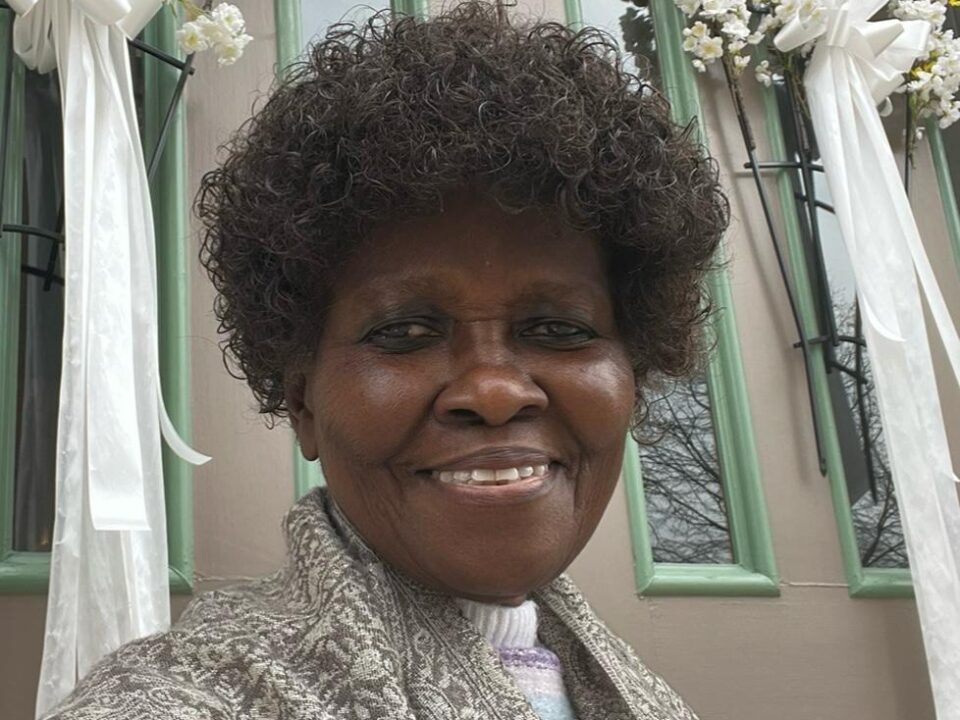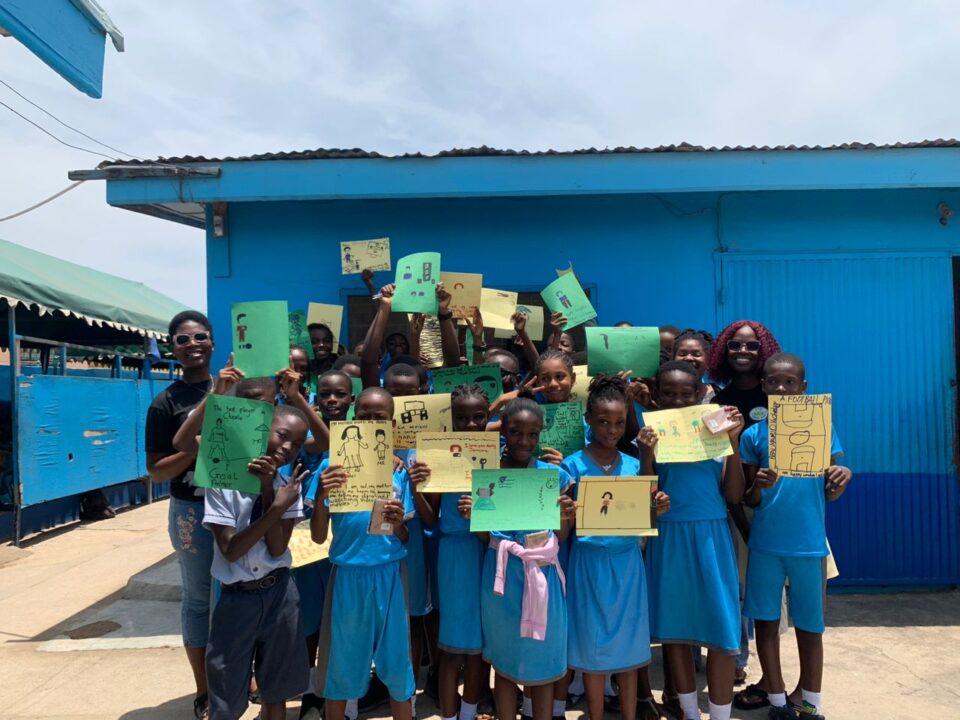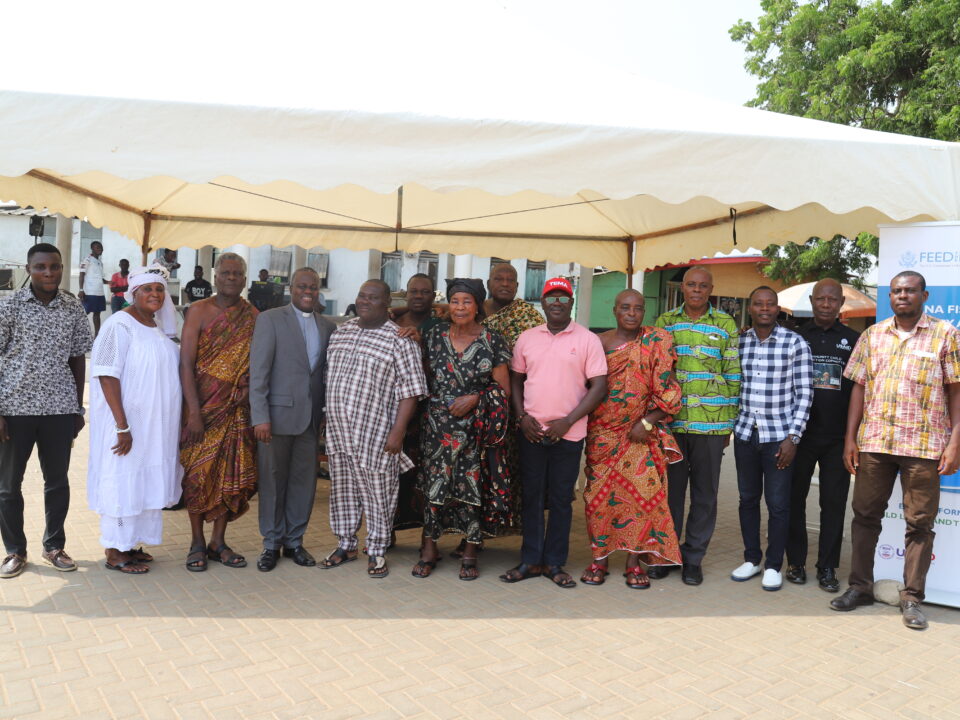
ChACLaT Ambassadors Educate Young People and Community Members on Child Labour and Trafficking
October 1, 2024
My Data Our Health
December 23, 2024In an era where information flows as freely as water, young people find themselves at the crossroads of unprecedented opportunity and challenge. As we celebrate Global Media and Information Literacy Week under the theme “The New Digital Frontiers of Information: Media and Information Literacy for Public Interest Information,” we must recognize that equipping our youth with media literacy skills isn’t just an educational priority, it’s a social imperative.
Today’s young people are digital natives, born into a world where information is just a click away. Social media platforms, digital news outlets, and online communities have transformed how they learn, connect, and engage with the world. While this digital landscape offers incredible learning opportunities and global connections, it also presents significant challenges.
The average teenager spends over seven hours daily consuming digital media, which brings both opportunities and vulnerabilities. While young people can access educational resources and connect with diverse communities worldwide, they also face a barrage of misinformation, manipulated content, cyberbullying, and potentially harmful messaging.
The spread of misinformation poses a particular challenge for young people. In an age where false information can spread six times faster than truth on social media platforms, developing critical thinking skills is essential for survival in the digital age.
But here’s the encouraging news, young people are increasingly aware of these challenges and are eager to develop the skills needed to navigate them. Recent studies show that when equipped with media literacy skills, youth are 26% more likely to spot false information and 35% more likely to verify sources before sharing content.
Media and information literacy serve as crucial toolkits for young people, transforming them from passive consumers to active, discerning participants in the digital world. It’s not just about identifying fake news; it’s about understanding the broader media ecosystem, recognizing bias, and making informed decisions about the content they consume and create.
Young people who develop strong media literacy skills become digital champions in their communities. They learn to: evaluate information sources critically, understand the context behind news and social media posts, create responsible and ethical content, protect themselves and others from digital harm, and use media platforms for positive social change to mention a few.
The most exciting aspect of this digital frontier is the role young people play in shaping it. Across Ghana and beyond, we’re seeing inspiring examples of youth using their media literacy skills to create positive change: student-led fact-checking initiatives, youth-driven digital advocacy campaigns, peer education programs on responsible social media use, and creative content that promotes social justice and community development.
The responsibility of nurturing media-literate youth doesn’t rest solely on young people’s shoulders. It requires a coordinated effort from all stakeholders: educators need to integrate media literacy into core curricula, create safe spaces for students to practice critical thinking, and stay updated on digital trends affecting youth. Parents should engage in open discussions about digital media consumption, model responsible digital behaviour, and even support youth-led initiatives in media literacy. Policymakers should develop comprehensive media literacy education policies, invest in digital literacy programs, and create protective frameworks for young people online. Now, to the string that holds it all, media Platforms should be cautious of content, implement stronger safeguards against misinformation, provide tools and resources for digital literacy and support youth-led content creation initiatives.
As we celebrate Global Media and Information Literacy Week, it is clear that the future of our digital world rests in the hands of young people. By equipping them with the tools to critically engage with media and information, we are empowering them to become informed, responsible digital citizens who can shape a world that values truth, inclusion, and justice. Through media and information literacy, we can ensure a future built on truth, responsibility, and positive social impact.



